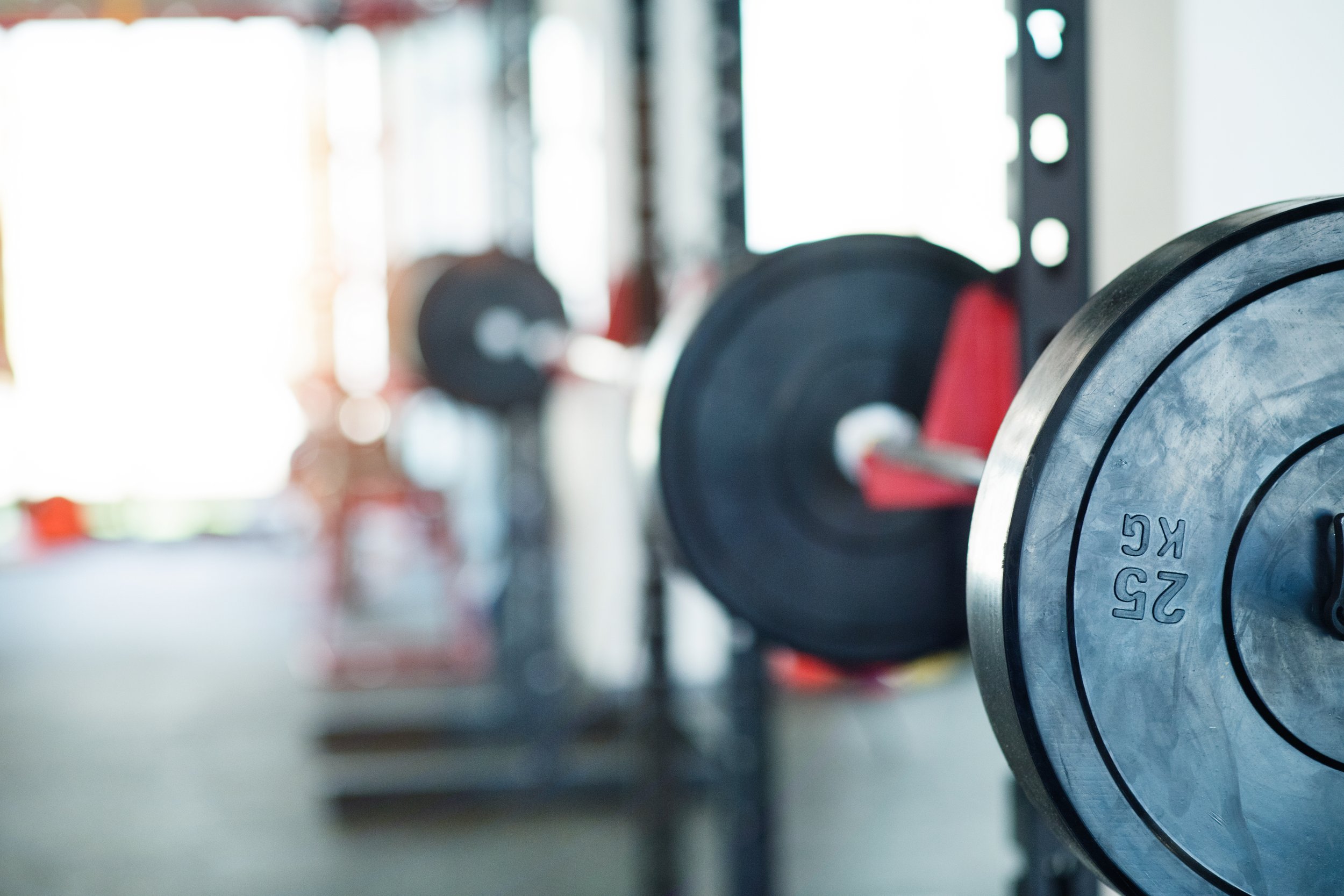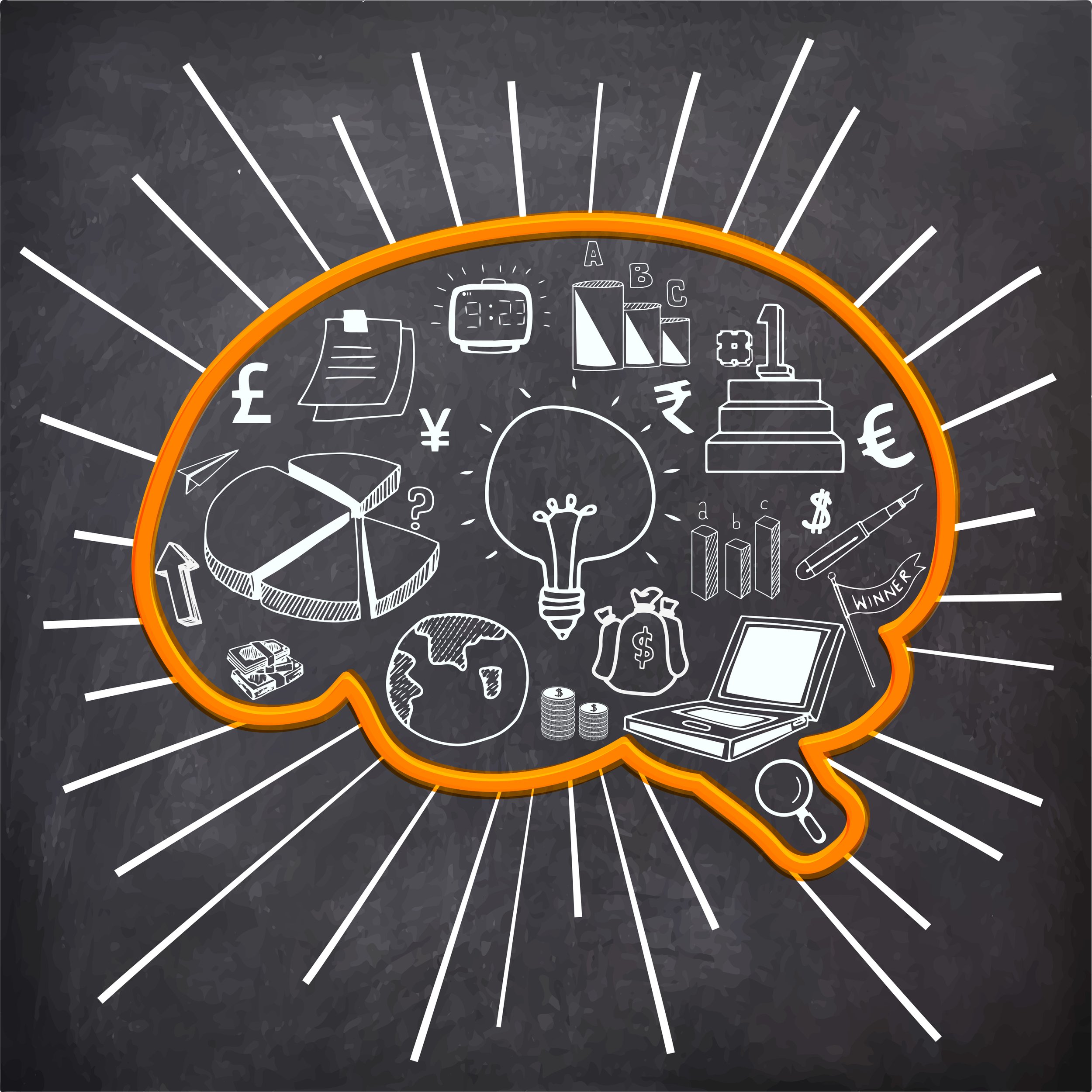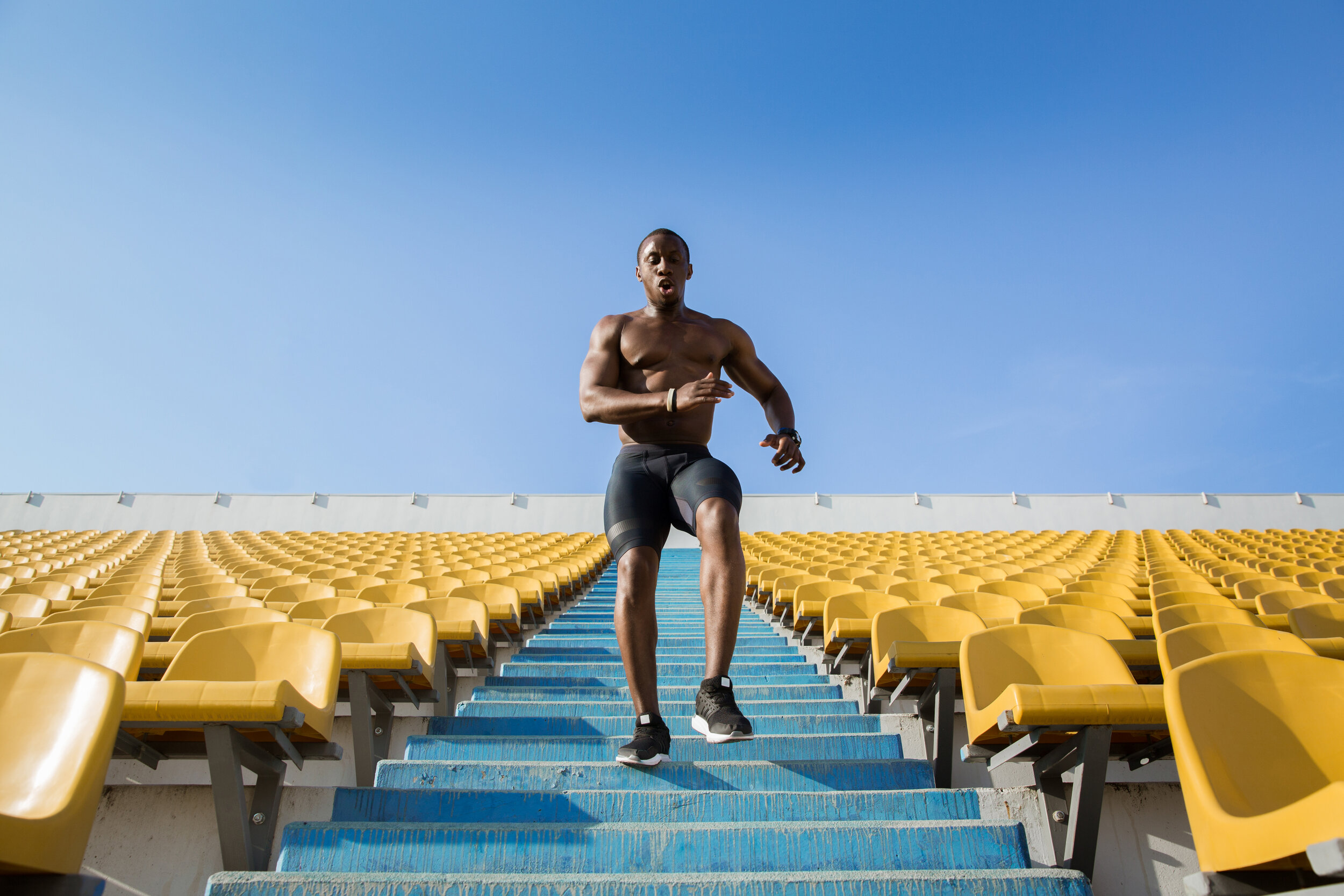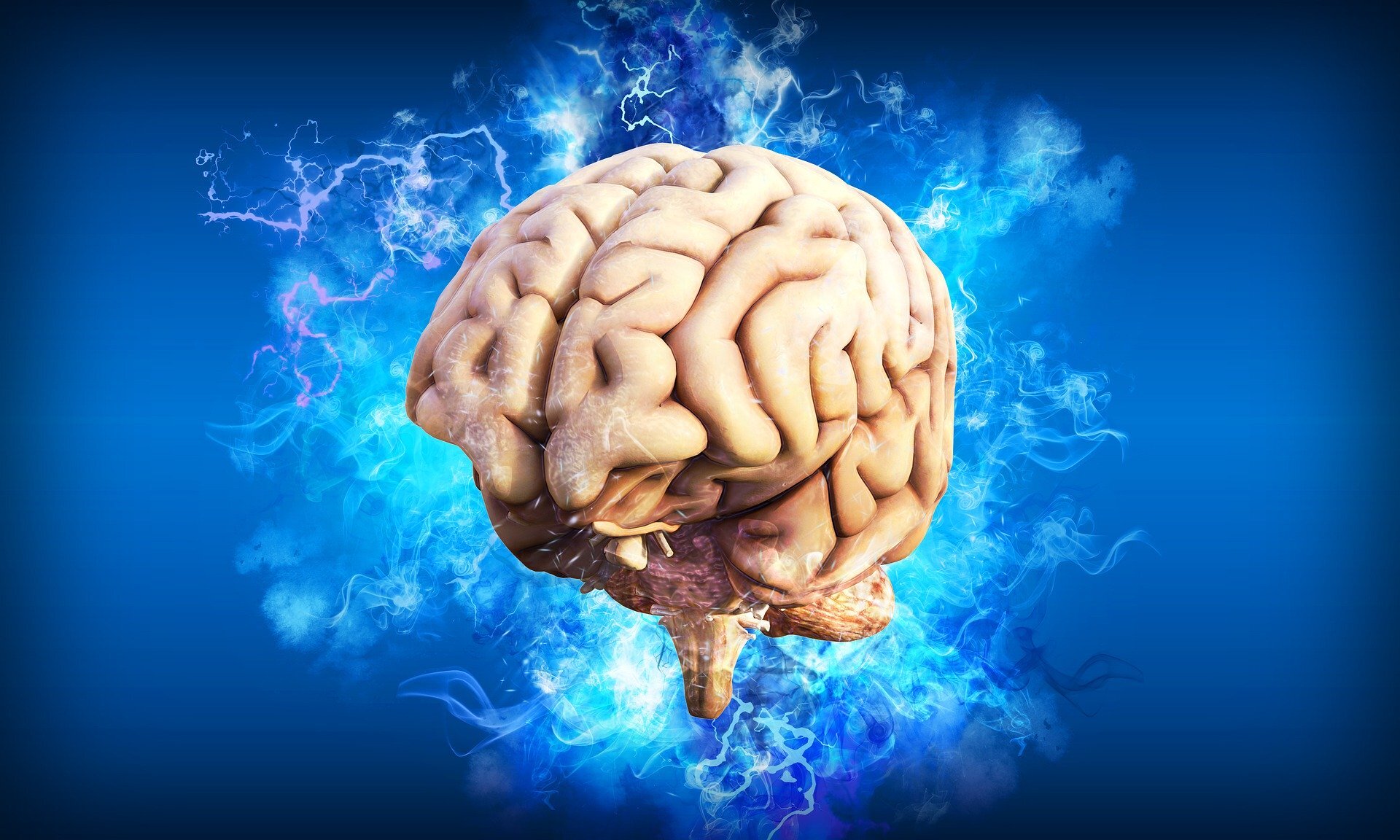

You Can't Teach Passion
Passion is a key element of success in any endeavor - in general, passionate people rise to the top, and passionless people struggle to keep up. How can you identify your passions? How can you focus on the things that are important to you, and learn to avoid or minimize the things that aren’t? Each person is different, and that’s ok - your passions may not align with somebody else’s, and all you can do is try to find passion where you can and pursue it.

How Lifting Made Me Smarter
Often, physical activity improves more of our lives than just our bodies, it helps our brains, too. Regular exercise can help with undertanding organization, practice, goal setting, and finding meaning in what you’re learning. When the things you learn personally mean something to you, it’s more likely you’ll retain that knowledge. Some of the physical benefits of lifting - energy regulation, improved sleep, and mood stabilization - helps us be more attentive and energetic, aiding in the learning process.

Do Athletes Make Boring Clients?
In personal experience, athletes - especially hobbyist or aspiring athletes - require little in terms of unique training methods, but are demanding and impatient in their relationship expectations with their trainer(s). “General population” clients have a huge range of limitations and needs, which makes their programs more tailored and specific, giving the trainer an opportunity to learn more about a wide range of fitness options. Of course some athletes can be great and interesting to work with, and general clients can be frustrating or boring. Every person is different and it’s important that as a trainer, you are open to learning many styles and continuously improving your knowledge of health and fitness.

Why First Impressions Matter - In Relationships And In Fitness
First impressions initially seem like they shouldn’t be important, but the reality is that they’re a crucial make-it-or-break-it moment for interpersonal relationships. Likewise, when learning a new skill or developing a fitness habit, the initial steps are a crucial chance to set yourself up for success (or failure).

Is The Brain A Muscle?
Is the brain a muscle? How is the brain like a muscle, and how is it different from a muscle, and what lessons can we learn from that? What does this mean for mental and physical training?
